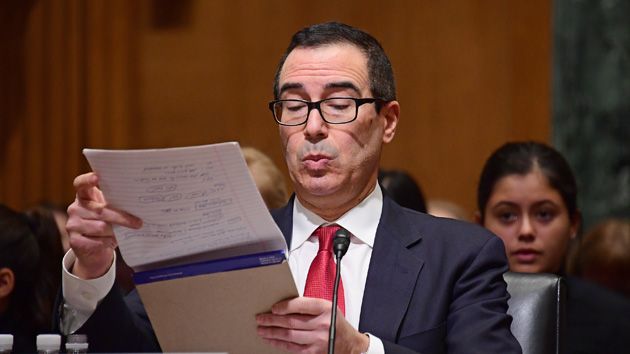Promises during the campaign season about reshoring manufacturing jobs was perplexing and counterproductive. Most of that work has disappeared not to China and Mexico but into the zeros and ones. Artificial Intelligence is poised to further radically transform the labor landscape in the coming decades, whether or not the Frey-Osborne benchmark predicting 47% of current jobs are at risk turns out to be prophetic.
The honest argument, whether correct or not, against the prevailing idea that AI will disrupt society by replacing us at the office and factory is that these positions will be supplanted by superior ones, as was the case when we transitioned from an agrarian culture to the Industrial Age. Even those who are certain of this outcome often fail to recall what a bumpy progression that was, with legislation, unionization and the establishment of social safety nets required to avoid bloody revolution or collapse. It wasn’t easy, literal blood was spilled, and that’s the glass-half-filled option in the Second Machine Age.
Treasury Secretary Steven Mnuchin, who strapped on beer goggles of a 1930s vintage by declaring today that Donald Trump has “perfect genes,” is either wildly dishonest or completely oblivious when he says AI is not a threat to today’s workers.
From Gillian B. White at the Atlantic:
On Friday, during a conversation with Mike Allen of Axios, the newly minted Treasury Secretary Steven Mnuchin said that there was no need to worry about artificial intelligence taking over U.S. jobs anytime soon. “It’s not even on our radar screen,” he told Allen. When pressed for when, exactly, he thought concern might be warranted, Mnuchin offered “50 to 100 more years.” Just about anyone who works on, or studies machine learning would beg to differ.
In December of 2016, about one month before President Trump officially took office, the White House released a report on artificial intelligence and its impact on the economy. It found that advances in machine learning already had the potential to disrupt some sectors of the labor market, and that capabilities such as driverless cars and some household maintenance tasks were likely to cause further disruptions in the near future. Experts asked to weigh in on the report estimated that in the next 10 to 20 years, 47 percent of U.S. jobs could in some way be at risk due to advances in automation.
The Obama administration is certainly not the only group of experts to believe that the impact of machine learning on the labor market has already started. In a conversation earlier this month, Melinda Gates cited rapidly advancing machine learning as part of the reason that the tech industry needed to tackle its gender diversity initiatives immediately. In 2016, a report from McKinsey found that existing technologies could automate about 45 percent of the activities that humans are paid to perform. Even Mnuchin’s former employer, Goldman Sachs, believes that a massive leap forward in terms of machine learning will occur within the next decade.•
Tags: Gillian B. White, Steven Mnuchin

